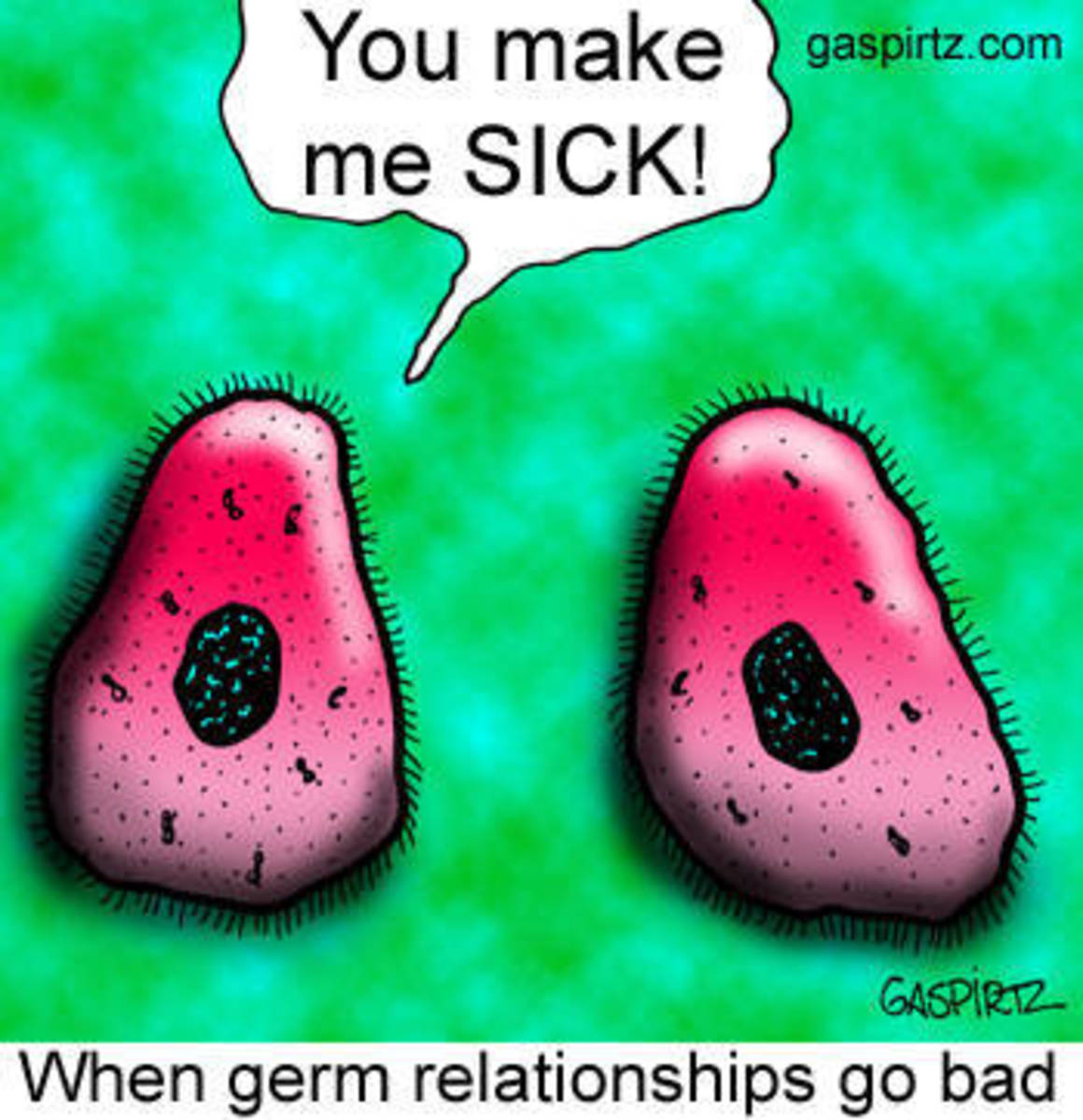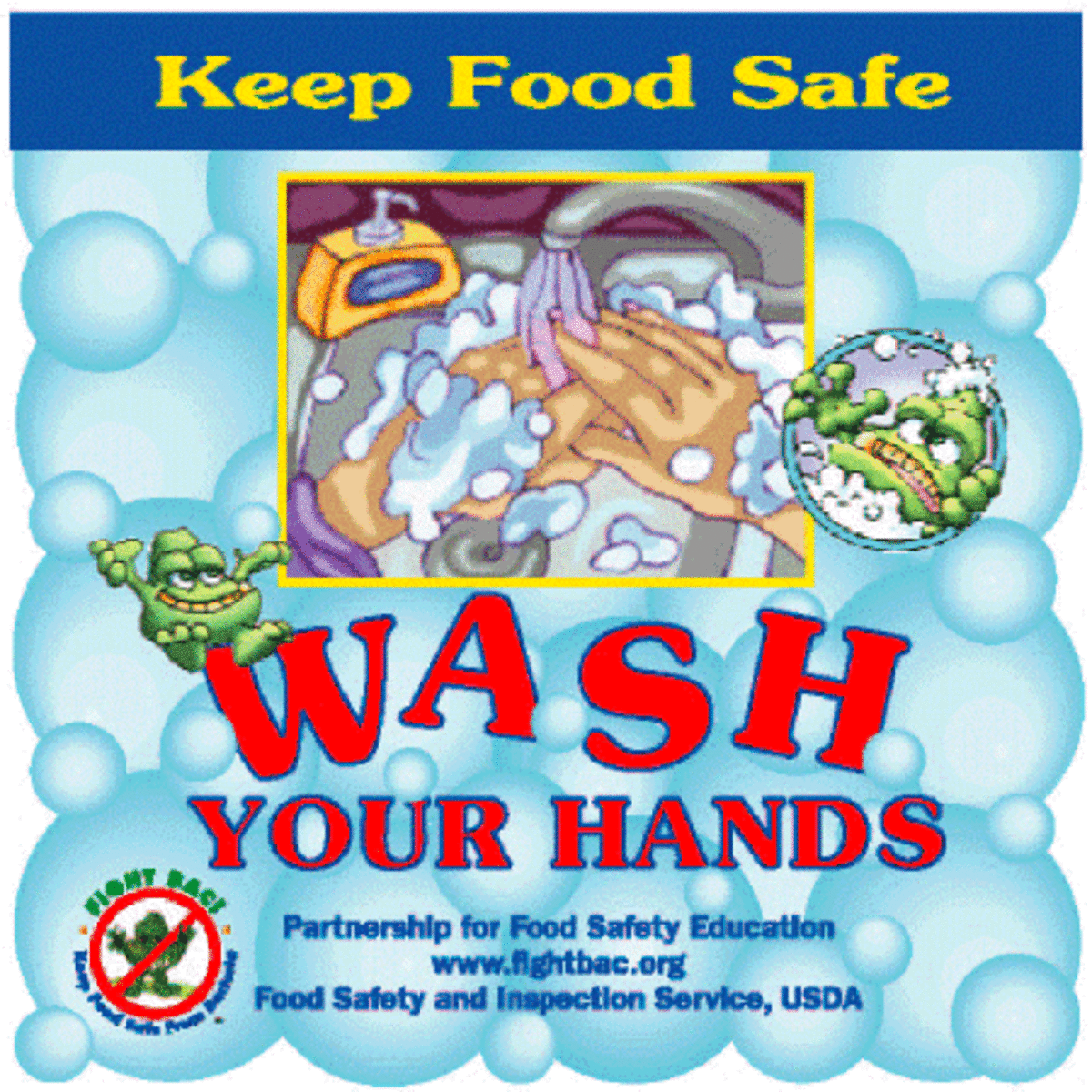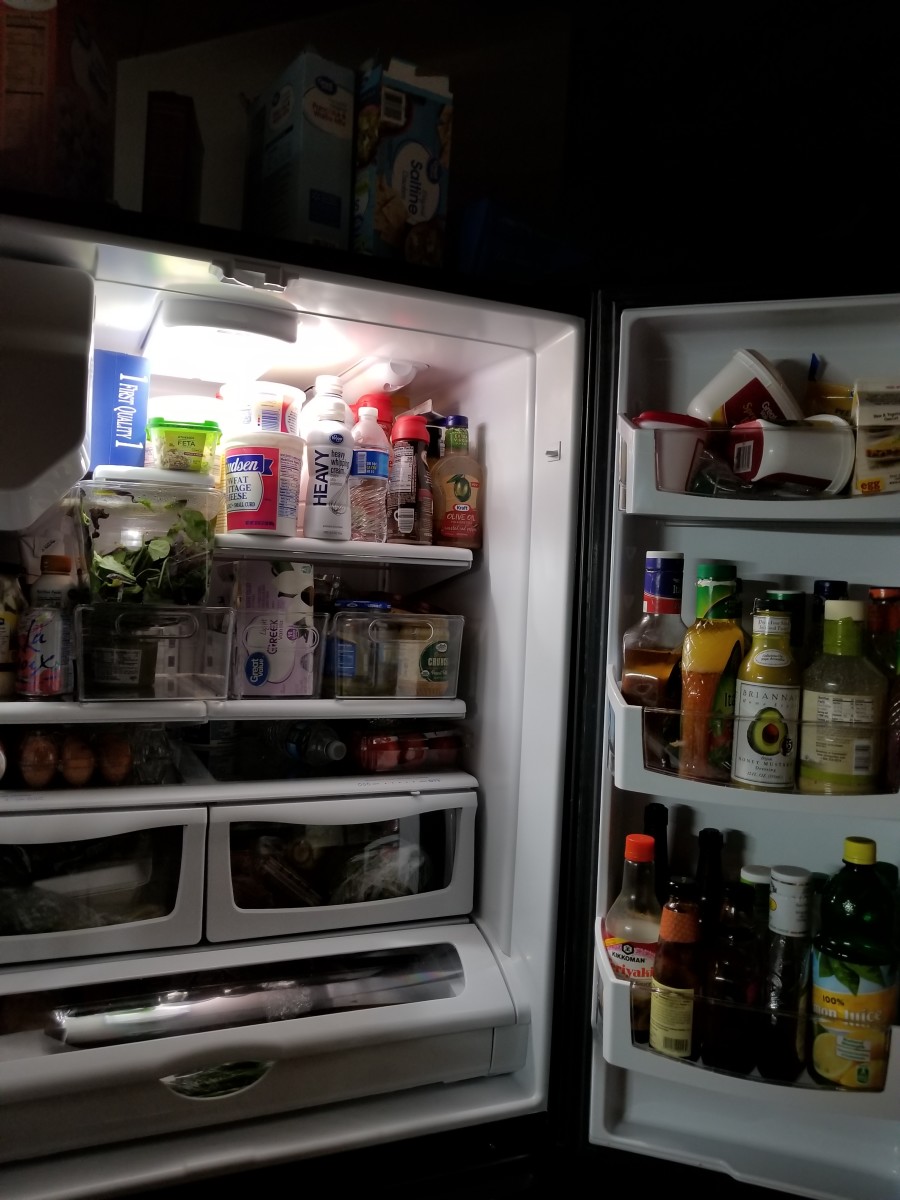Food Safety, Hygiene & HACCP
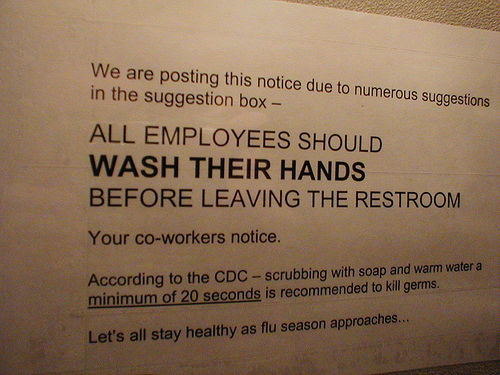
Food safety is a scientific discipline describing handling, preparation, and storage of food in ways that prevent foodborne illness. This includes a number of routines that should be followed to avoid potentially severe health hazards.
A Food & Beverage Consultant is someone who provides expert advice, assistance, counsel to the food & beverage industry.
This includes food production, suppliers, hotels & restaurants, packaged goods and consumer goods.
This hub is part of the group on 'food & beverage consultants'
To see the complete the list of what food and beverage consultant do, click here
A Food Safety & Hygiene consultant
- helps the food service establishment create a hygienic environ at the outlet
- set up safety processes
- trains the staff and
- conducts regular audits to ensure the internal and regulatory standards are met.
Five five key principles
The five key principles of food hygiene, according to WHO, are:
- Prevent contaminating food with pathogens spreading from people, pets, and pests.
- Separate raw and cooked foods to prevent contaminating the cooked foods.
- Cook foods for the appropriate length of time and at the appropriate temperature to kill pathogens.
- Store food at the proper temperature.
- Use safe water and raw materials
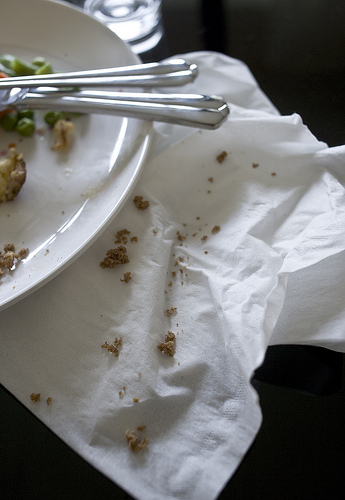
What is a hazard?
A hazard is something that could be dangerous.
And there are lots of different hazards. When we are talking about hazards in relation to food, a hazard is something that could mean that food will not be safe to eat.
Food safety hazards can be:
>microbiological – involving harmful bacteria, e.g. when certain foods are kept out of the fridge for too long and bacteria grow in them
> chemical – involving chemicals getting into food, e.g. cleaning products or pest control chemicals
> physical – involving objects getting into food, e.g. broken glass or pieces of packaging
Hazards can happen at any stage in your business – from taking deliveries to serving customers.
HACCP
Hazard Analysis Critical Control Point or HACCP (English, pronounced /ˈhæsʌp/) is a systematic preventive approach to food safety and pharmaceutical safety that addresses physical, chemical, and biological hazards as a means of prevention rather than finished product inspection. HACCP is used in the food industry to identify potential food safety hazards, so that key actions can be taken to reduce or eliminate the risk of the hazards being realized.
The HACCP seven principles
Principle 1: Conduct a hazard analysis. - Plans determine the food safety hazards and identify the preventive measures the plan can apply to control these hazards. A food safety hazard is any biological, chemical, or physical property that may cause a food to be unsafe for human consumption.
Principle 2: Identify critical control points. - A Critical Control Point (CCP) is a point, step, or procedure in a food manufacturing process at which control can be applied and, as a result, a food safety hazard can be prevented, eliminated, or reduced to an acceptable level.
Principle 3: Establish critical limits for each critical control point. - A critical limit is the maximum or minimum value to which a physical, biological, or chemical hazard must be controlled at a critical control point to prevent, eliminate, or reduce to an acceptable level.
Principle 4: Establish critical control point monitoring requirements. - Monitoring activities are necessary to ensure that the process is under control at each critical control point. In the United States, the FSIS is requiring that each monitoring procedure and its frequency be listed in the HACCP plan.
Principle 5: Establish corrective actions. - These are actions to be taken when monitoring indicates a deviation from an established critical limit. The final rule requires a plant's HACCP plan to identify the corrective actions to be taken if a critical limit is not met. Corrective actions are intended to ensure that no product injurious to health or otherwise adulterated as a result of the deviation enters commerce.
Principle 6: Establish record keeping procedures. - The HACCP regulation requires that all plants maintain certain documents, including its hazard analysis and written HACCP plan, and records documenting the monitoring of critical control points, critical limits, verification activities, and the handling of processing deviations.
Principle 7: Establish procedures for ensuring the HACCP system is working as intended. - Validation ensures that the plants do what they were designed to do; that is, they are successful in ensuring the production of safe product. Plants will be required to validate their own HACCP plans. FSIS will not approve HACCP plans in advance, but will review them for conformance with the final rule.


